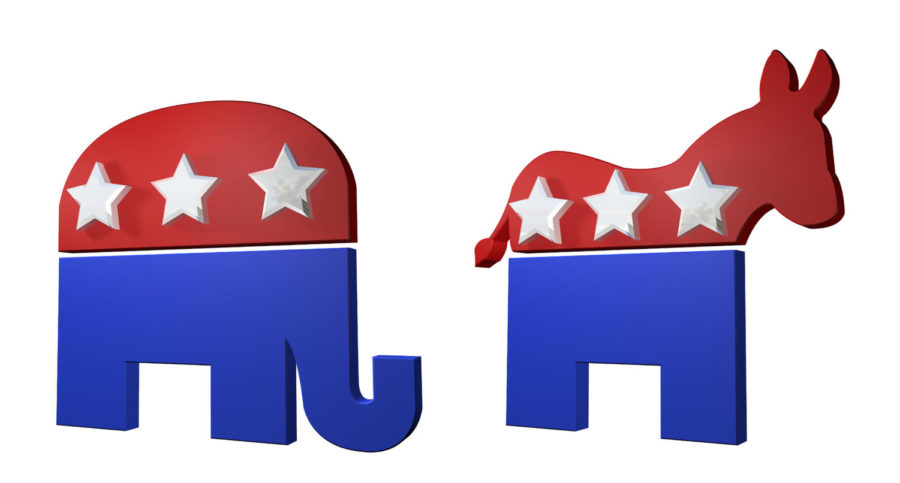Fox: The problems of the two-party system complex
Columnist Heckle argues that the two party political system restricts voters.
March 10, 2019
The current two-party system for electing officials, including presidential candidates, is detrimental to democracy as a whole. Even George Washington, following his final term as president, warned against the dangers of a political system with parties, saying “The common and continual mischiefs of the spirit of the party are sufficient to make it the interest and duty of a wise people to discourage and restrain it.” But what is so bad about the two-party system that made even the founding-est of fathers worry for America’s future?
In the context of the 17th century, many new Americans were still raw from British civil wars, many of which were caused by party disputes. Eventually the United States had a civil war of its own between the Union and the Confederates, the causes and consequences of which still heavily affect many in the United States today.
In current U.S. politics, it seems as if this “us vs. them” mentality is coming to a head. For example, President Donald Trump in 2016 once said he could “shoot somebody and wouldn’t lose voters.” This sort of statement shows an that interesting development has occurred: people that associate themselves with a party are forced to align all of their ideals with the ideals of the party.
Another example of this is an anecdote of mine from the height of the 2016 election, wherein an individual canvassing for Hillary encouraged me to vote for her, although I did not particularly align with her or future-President Trump’s ideals. This person said that, although she wasn’t perfect, she was “better than Trump.” I was inclined to vote third party and I was shocked when I learned what a disadvantage third parties truly have.
First, in order to run in a presidential election, a mere 1.5 million signatures from all states are required to be placed on the ballot. Second, government financing for campaigns is based on the candidate’s popularity in the previous election. Perhaps due to these factors, it is much harder for these candidates to get media attention.
Some typically third-party individuals have even switched to one of the two primary parties. Bernie Sanders, for example, is a self-described “democratic socialist.” Prior to running for president in 2016, he was a member of the Independent party. This candidate, in order to advertise his campaign and receive assistance from the DNC, changed parties to run for president.
This is one strategy that people may take in order to avoid the difficulties of running as a third party. Although running as a third party may seem to be an impossible task, voting third party still has its benefits. Even if a candidate does not win the presidential race, they will receive more funding based on how many people voted for them, as stated above. Planning for the future is one of the most important things an American can do. Moreover, it’s important for a voter to make a decision based in their best interests rather than the label they ascribe to themselves.
















